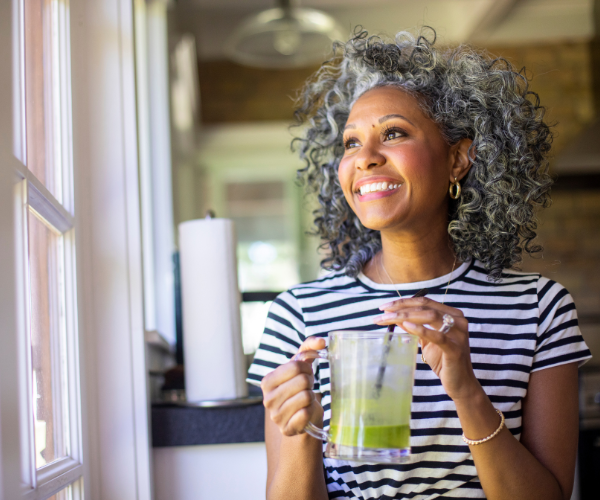The importance of sleep
The importance of sleep
Sleep is an essential function that helps the body remain healthy and help avert diseases. Without enough sleep, the brain cannot function properly. This can impair your abilities to concentrate, think clearly, and process memories.
Most adults require between seven and nine hours. Work schedules, day-to-day stress, a disruptive bedroom environment, and medical conditions can all prevent us from receiving enough sleep.
A change in our diet and lifestyle may also disrupt our sleep.
How to support a good night's sleep
Keen in sync with your own body's routine and rhythm -
- Try and establish a bedtime routine and try and do it as much as possible. Going to sleep at the same time every day helps your body internal clock and optimise the quality of your sleep. This can also help you fall asleep faster.
- If possible, try avoiding sleeping in – even on weekends. The more your weekday and weekend schedules differ, the worse jet-like symptoms you’ll experience. If feel like you need extra sleep, try and opt for a daytime nap.
- Nap smart. Napping for too long during the day can mean you have trouble falling asleep at night. Limit naps to 15 to 20 minutes in the early afternoon.
Avoid light exposure 1-2 hours before going to bed
- Avoid looking at screens including the TV, your phone and tablets at least 1-2 hours before bed. Blue light emitted from screens can disrupt your natural levels of melatonin. Melatonin is a hormone that induces drowsiness and therefore, can help regulate sleep.
- Don’t read using devices with a backlight, these can be more disruptive
- When it's time to sleep, make sure the room is dark using heavy curtains or shades to block light from windows or try a sleep mask.
Be mindful of what you’re eating and drinking in the afternoon
- Aim to avoid caffeine in the afternoon. Once we consume caffeine it peaks for about an hour and stays at this level for several hours. In most individuals, 6 hours after caffeine is consumed, half of it is still in your body. It can take up to 10 hours to completely clear caffeine from your bloodstream.
- Alcohol can affect the quality of your sleep, making you feel tired and sluggish. This is because alcohol can disrupt your sleep cycle. Drinking large volumes of alcohol (more than 6 units), can make us spend more time in deep sleep and less time than usual in the important Rapid Eye Movement (REM) stage of sleep, which is an important restorative stage of sleep our bodies need. This results in us feeling tired the next day. For our tips on reducing your alcohol intake, read our article here
- Avoid big meals at night, rich and heavy foods before bed may disrupt your sleep.
- Drinking too much liquid close to your bedtime can result in frequent bathroom trips that can disrupt your sleep.
- Try and cut back on high sugar foods too late in the day, this can trigger wakefulness and may impact your sleep quality
Stay active
- Exercising during the day can help you wind down and prepare for sleep in the evening. Aim to be physically active each day for at least 20 minutes.
Prepare your body for sleep
- Wind down and clear your head before your sleep. This can help prepare your body for sleep. Things like a warm bath, reading a book, deep breathing and journaling can all help. Find what works for you.
Ensure your environment is optimal for a good night's sleep
- Noise from the neighbours or traffic can disrupt your sleep. Try masking it with a fan, sound machine or earplugs
- A slightly cool room (18° C) with adequate ventilation is the ideal temperature for a good night's sleep
- If you are waking up with a sore back or neck ache, it may indicate that your mattress needs changing, or you need to experiment with the position of your pillows.
- Reserve your bed for sleep. Try and avoid eating or watching TV in bed, this will help your brain associate your bed with sleep which will make it easier to wind down at night.
If you'd like to learn more about gut health and sleep, why not book a free 1:1 consultation with our nutrition team? We can recommend diet and lifestyle changes that can make a big difference. To book, simply click here.



